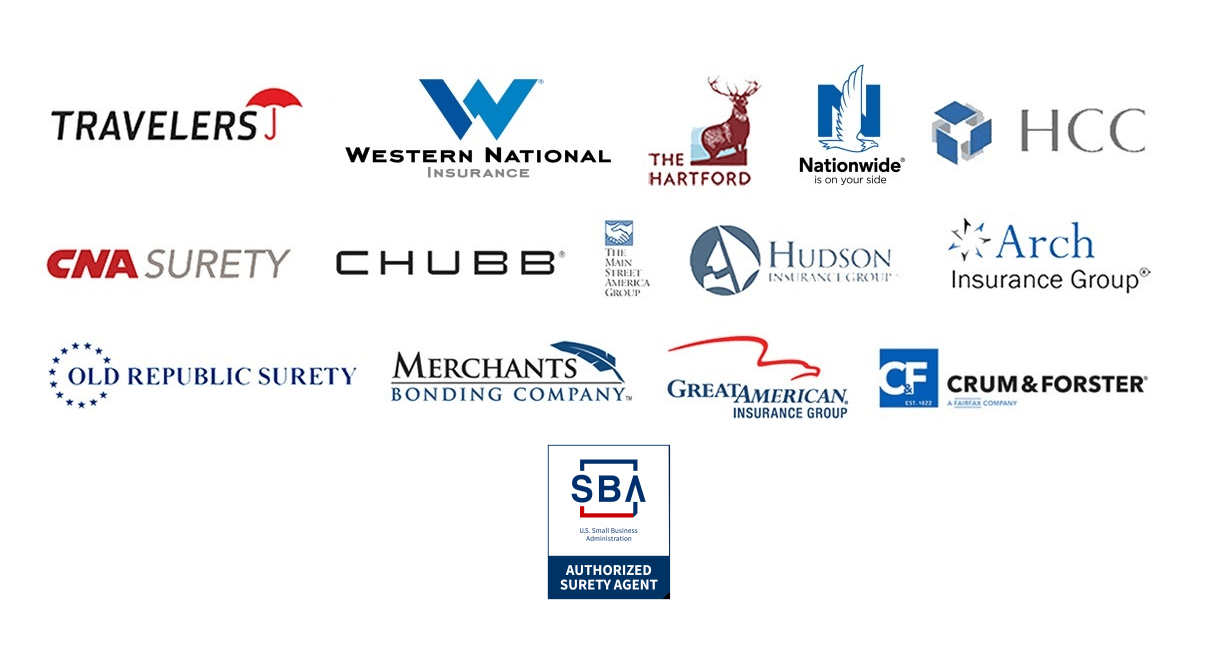
Even as the latest U.S. GNP statistics show the country is maintaining modest growth, some economists see the seeds of a potential U.S. recession on the horizon. Besides the prolonged slowdown in the energy sector that’s had a significant economic impact in several U.S. states, including Wyoming, West Virginia, and North Dakota, economists are concerned about the prospects of a stronger U.S. dollar fueled by the UK’s Brexit decision, which could affect both the British currency, the Euro and other international currencies. This, in turn, might dampen exports, slow the manufacturing sector, and have rippling effects across the U.S.
Meanwhile, in construction, despite a recent uptick in housing starts, overall employment in the sector is down. In this environment, contractors and construction trade firms are already looking to insulate themselves from potential economic downturns by diversifying their project mix with more public sector work. Municipal, state and federal construction projects can represent lucrative opportunities for contractors that provide protection from cyclical swings in the economy.
For contractors and trades, qualifying for these projects typically comes with a requirement to obtain a surety bond in the form of a performance and payment bond combination. Developers, general contractors or government entities issuing contracts require contractors to provide these bonds for work outlined in the contract.
A surety bond company or an insurance company’s surety bond division has agents that issue these bonds on behalf of the carrier. Sureties require firms obtaining a bond to have a certain minimum amount of working capital and reserve capital, which can vary by the carrier and an individual contractor’s underwriting profile. This includes its work history, current projects, capability, capacity, character, reputation, credit score, financial information and its presentation.
This otherwise complicated process of obtaining necessary bonding on a timely basis may be smoothed by a skilled bonding agent, such as Unique Surety and Insurance Services, that has relationships with several surety markets writing contractors’ bonds. Often, this can be a difference-maker in a contractor’s ability to obtain an affordable bond with little or no collateral.
Although the market for surety bonds is fairly robust at present, as economic conditions change bonds may be more difficult to obtain. Those contractors and trades that start the bonding process now will be in better position to obtain the surety bond they need should the U.S. economy encounter difficulties.
As your firm looks to diversify into government projects and other bonded work, start by contacting Unique Surety.

We've been underwriting for 40 years working with only the most reputable surety carriers nationwide.

We can get you the answers you need in a matter of minutes.

We offer sound business advice to help you build your bonded business.

